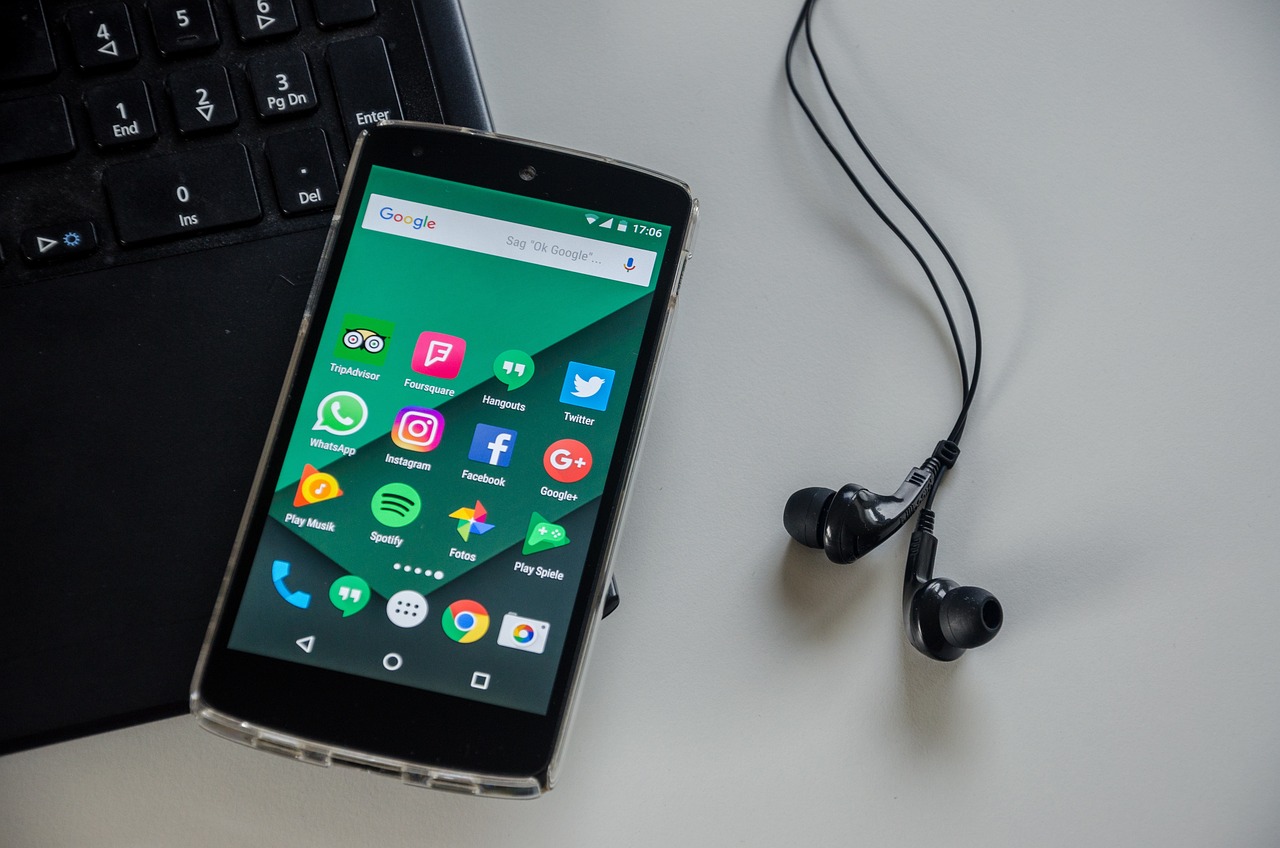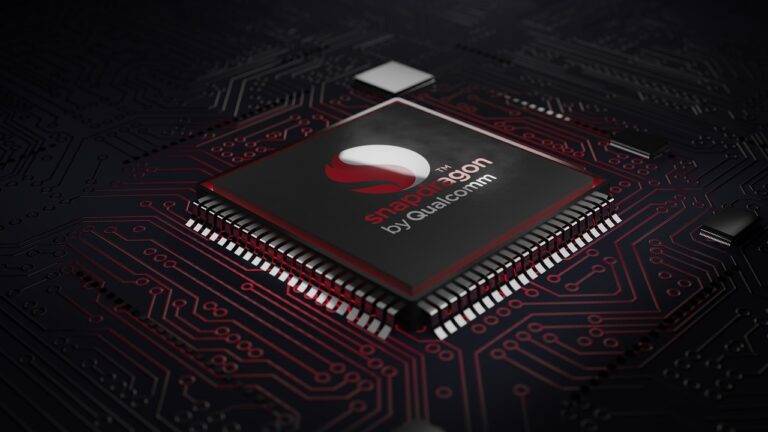The Impact of IoT on Agriculture: Precision Farming and Sustainability
IoT, or the Internet of Things, has brought about significant transformations in the field of agriculture. By integrating technology with farming practices, IoT offers a range of innovative solutions that enhance productivity and efficiency. Through the use of IoT devices, farmers can remotely monitor and control various aspects of their operations, such as soil moisture levels, temperature, and crop health.
One of the key advantages of IoT in agriculture is its ability to provide real-time data and insights that enable farmers to make informed decisions. By leveraging IoT sensors and devices installed in fields and agricultural equipment, farmers can collect data on various parameters, analyze trends, and optimize their farming practices. This data-driven approach not only improves crop yield and quality but also contributes to sustainable farming practices by minimizing resource wastage.
Enhancing Crop Monitoring and Management with IoT
Crop monitoring and management have witnessed a significant transformation in the agricultural industry with the integration of IoT technology. By incorporating IoT sensors in fields, farmers can gather real-time data on crucial factors like soil moisture levels, temperature, and humidity. This data enables farmers to make informed decisions regarding irrigation, fertilization, and pest control, resulting in optimized crop yield and quality.
Moreover, IoT devices allow farmers to remotely monitor their crops, reducing the need for manual labor and physical presence in the fields. With the help of IoT-enabled cameras and drones, farmers can closely observe crop growth patterns and detect any signs of disease or stress early on. This early detection capability empowers farmers to take immediate corrective actions, leading to improved crop health and overall productivity.
Improving Water Management in Agriculture through IoT
Water scarcity is a critical issue in agriculture, impacting crop yields and overall productivity. With the integration of IoT devices, farmers can now access real-time data on soil moisture levels, weather patterns, and crop water requirements. This information allows for precise irrigation scheduling, ensuring that crops receive the optimal amount of water without wastage.
Moreover, IoT sensors can detect leaks in irrigation systems and provide alerts to farmers, enabling timely repairs and preventing water loss. By utilizing this technology, farmers can streamline their water management practices, leading to increased efficiency, reduced costs, and sustainable use of water resources. The implementation of IoT in agriculture is revolutionizing water management techniques, offering innovative solutions to address the challenges faced by the industry.





